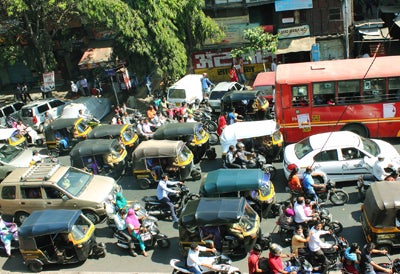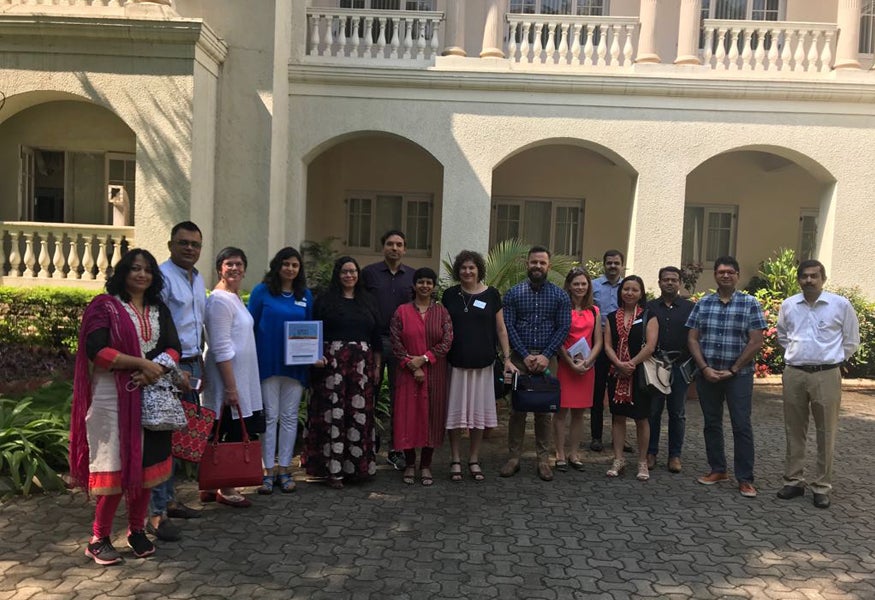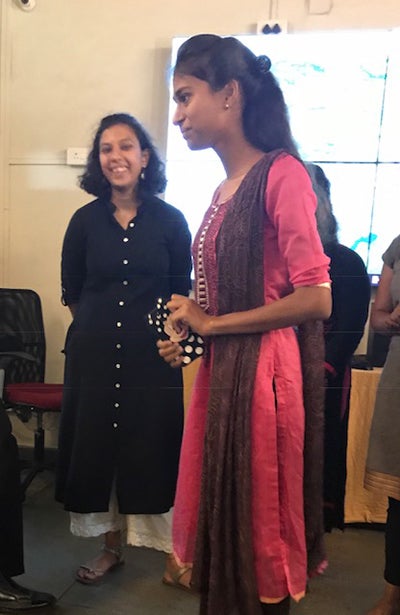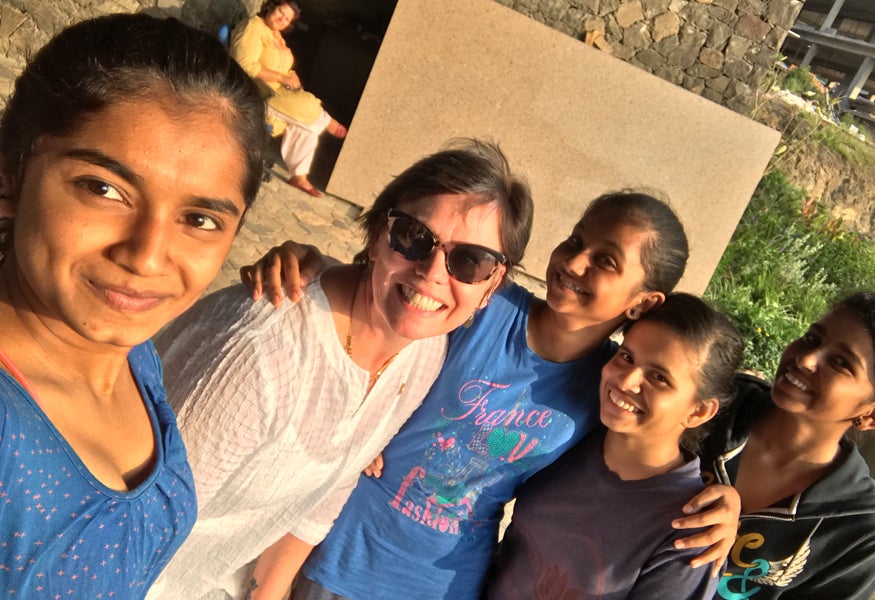
Go Slow to Go Fast
Here in the United States, we like efficiency and immediacy. We like fast food, overnight shipping, and binge-watching. In business we aspire to be first to market, while in innovation we favor failing fast. Speed is our default approach to gaining a competitive advantage. Now is always better than later.
In education we talk of accelerated courses, early college high schools, and helping students get a “running” start. Much of our education system has been built on academic standards that push increasing complexity and sophistication each year to propel students to college and career readiness by the time they exit high school. Degree programs in higher education are mapped to minimize time to degree and maximize entry into the workforce.
We know that higher education can lead to upward social and economic mobility, with bachelor’s degree holders netting about $1 million more over a lifetime than those without. We also know that the costs of a college degree continue to rise, with financial aid unable to keep up. So of course, speeding things up makes sense.
Or does it?
India is a country of more than 1.3 billion people on a land mass about a third as large as the United States. The sheer density of the population confronts any aspirations you may have for efficiency. Cars share the road with pedestrians, bicycles, motorcycles, rickshaws, and buses—not to mention an occasional group of cows—often on streets too narrow to accommodate two lanes of traffic.
If you are looking to get somewhere quick, India is not the place to go.
Or is it?
Focusing on Mindsets
As a member of a delegation from the City of Austin, I traveled recently to Pune, India. During our six-day visit, we met many people working in government, education, and the nonprofit and for-profit sectors, and we started to understand a bit more about living, learning, and working in this city of 4 million.
I was of course attuned to their approach to education, and what I saw was eye-opening.

The Light House Project, which provides underprivileged youth access to meaningful and self-supporting work, was created as a response to extreme poverty in Pune. Light House offers “skilling” programs teaching competencies in occupations from home-chef to nursing to IT, to prepare local youth with the knowledge and skills they need to enter the workforce.

Rather than put these young adults in an occupational program right away, Light House begins with a 20-day self-realization course. Light House recognizes that many underprivileged youth struggle with self-doubt and self-image in ways that limit their aspirations. This foundational course addresses notions of agency—the capacity of an individual to determine his or her future.
Upon completing this portion of the program, Light House reports that their participants often emerge with a stronger sense of self, a capacity for reflection and problem-solving, and a sense of possibility they didn’t have before. With these new mindsets, their students are better prepared to examine the skilling options available and make a choice that will put them on a path to a better life.
We heard testimonies of transformation from many of the youth who had completed the program. Their lives are forever changed, and they know it. And, now, they are charging ahead.
Avasara Academy is a private school that educates girls in grades 6–12 for a lifetime of leadership. The admissions process ensures that a student’s ability to pay does not affect their ability to attend. The school environment is intentionally designed to foster connections and relationships among girls and families of diverse socioeconomic classes who would otherwise rarely, if ever, interact.
Avasara’s curriculum includes traditional courses to build knowledge and skills, as well as courses on leadership, entrepreneurship, and citizenship designed to create conditions for students to develop a sense of purpose for their learning and a sense of belonging in their local community and our global society.
These experiences compete for time with traditional courses. Yet they are core to the instructional model at Avasara Academy and central to the stories the girls will tell you when they share what makes Avasara special.

Fostering a Sense of Purpose
Growing research on mindsets supports the approach that Avasara and Light House are taking. The time spent addressing student mindsets might come at the expense of some content in traditional courses. But taking the time to focus on students’ mindsets around agency, purpose, and belonging pays off.
A report from the Achievement Gap Initiative at Harvard University suggests that young people with high levels of agency act with intention to achieve the conditions they desire for their own life and for the lives of others.
The Mindset Scholars Network has summarized research on purpose and belonging that highlights the ways these mindsets influence student success. Students value their schoolwork more when it connects them to a sense of purpose that goes beyond the classroom and connects them with their family, their community, or society at large. And when students value their studies, they are better able to learn deeply.
Students who feel that they belong in school and community are also able to engage more fully in learning. They have fewer behavior problems, are more open to critical feedback, take greater advantage of learning opportunities, develop more relationships, and generally have more positive attitudes about their classwork and teachers. In turn, they are more likely to persevere in the face of difficulty and do better in school.
Our executive director Uri Treisman’s award-winning doctoral research took an early look at how respect, inclusion, and purpose support student success. More recently, these ideas—often referred to as social, emotional, and academic development—have become increasingly central to educators’ conversations.
It’s something that many teachers will tell you they always knew, but the pressing demands for time on task in critical content areas often pushed these ideas out of an overly crowded curriculum.
Few places on earth know “crowded” like India, so if they can find the time and space to enable their students to go slow to go fast – and to go far – perhaps we can too.
Get in Touch
We collaborate with state districts and teachers to develop innovative curricula, resources, and professional development.
